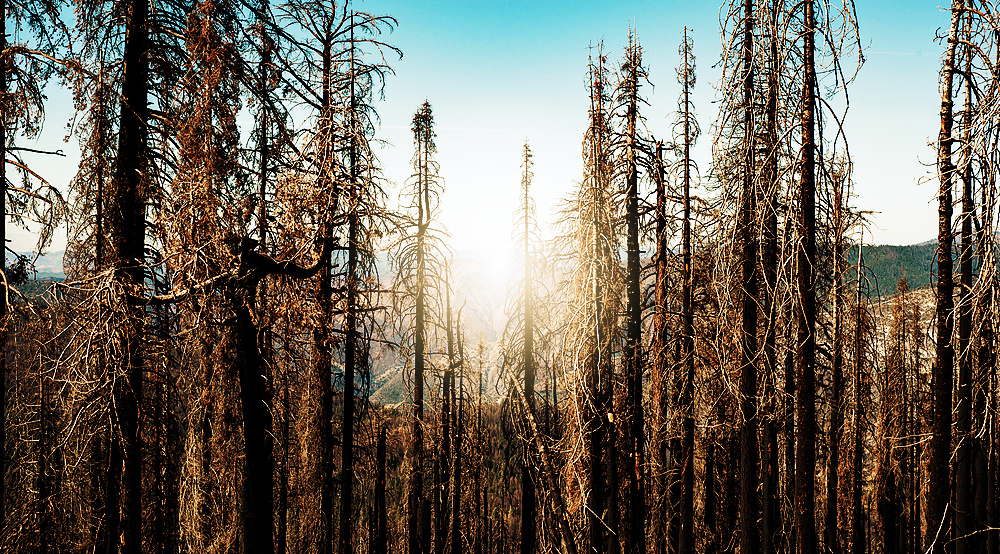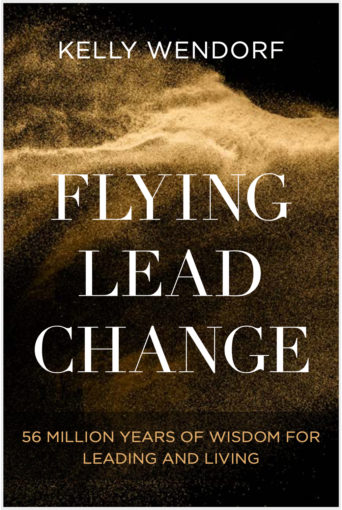Last week I headed into the high country of the Colorado San Juan mountains with a dear friend and backpacking buddy to spend several days and nights just below tree line. We settled at a high alpine lake, made basecamp, and planned for several day-hikes to the surrounding ridges.
Up there, there are no people, no sounds (except the occasional elk whistle). Even your mind goes silent. The only sign of civilization are the miles of grey stands of dead pine trees falling prey to bark beetles…an echo of our impact on the warming planet. Known as ‘the first responders’ to climate change, bark beetles are sensitive to slight shifts in temperature, and recent trends have resulted in unprecedented conifer mortality.
Our first morning I was up early and crawled out of my tent to make coffee. I took a stroll around the tiny lake and found a granite rock to perch on. I looked out upon the vast sea of grey––millions of skeletons standing in defiance of their fate. I paused for what seemed like the first time in years, listened to the silence, and then I wept. No…I wailed.
You could say I was crying about the forest devastation, and I was. And it was so much more than that. All at once the macro and the micro mirrored itself, and I was met head on with a profound understanding of all that has been lost––especially in the last two years. Up above 12,000 feet, in the parting of noise, haste and distraction, my grief caught up to me.
Grief does that. It waits patiently in the background until you can give it the time and space it needs to bring you back into reality. And the reality is that there is a lot to cry about right now. There’s lots to cry about in our own personal lives, in the lives of others, and globally. Perhaps the Coronavirus is like the bark beetle, a first responder, leaving millions of skeletons in its wake. One can perch somewhere high and look out upon the vast stretch of humanity and see not only lost lives, but lost livelihoods, lost dreams, lost opportunities.
Our reaction to crying is so strange. We apologize when we cry in front of others. Why that hair-trigger response? Even the term ‘ugly cry’ rocketed to fame when Oprah Winfrey began using it with frequency. Ugly cry is used overwhelmingly with female referent—and the subject of countless articles about the science of the ugly cry, the social politics of the ugly cry and the health benefits of the ugly cry. But honestly, why do we put those two words together? I personally will not.
One of the ways we circumnavigate around grief is by moving fast. Have you noticed the frenzy lately? Have you noticed how everyone seems to be running around with their hair on fire? Is your life suddenly overwhelmingly full and you find yourself rushing from one obligation to the next? Chances are, we are all running from grief. We’re like stones flung across a high mountain lake, skipping along the surface, just trying to get to the other side without sinking into the depths.
But here’s what we could do instead. We could stop. We could pause and gain some perspective in the silence of our own being, and look out over our lives, let the grief catch up to us…and cry. It’s ok to cry.
The costs of not grieving are numerous: depression, cardiovascular risk, substance abuse, chronic illness, lowered productivity, financial decline, teenage pregnancy, and mortality—just to name a few. When we numb out or rush past grief, we also limit our capacity for joy and presence. You can’t selectively numb out one emotion, without compromising your ability to feel another.
We’ve lost so much recently and it’s not looking like it’s going to get better any time soon. The recent IPCC Report pretty much sums it up, i.e. we’re in for one hell of a ride. We’ve lost tens of millions of acres of forests around the world in 2021 as Russia, Greece, North America and South America burn. We’re continuing to lose lives as the Delta variant aims now for children. We’ve lost 85,000 miles of trees to the bark beetle. Now they aim for the younger, smaller trees—making a sea of tiny skeletons.
It’s ok to cry.



